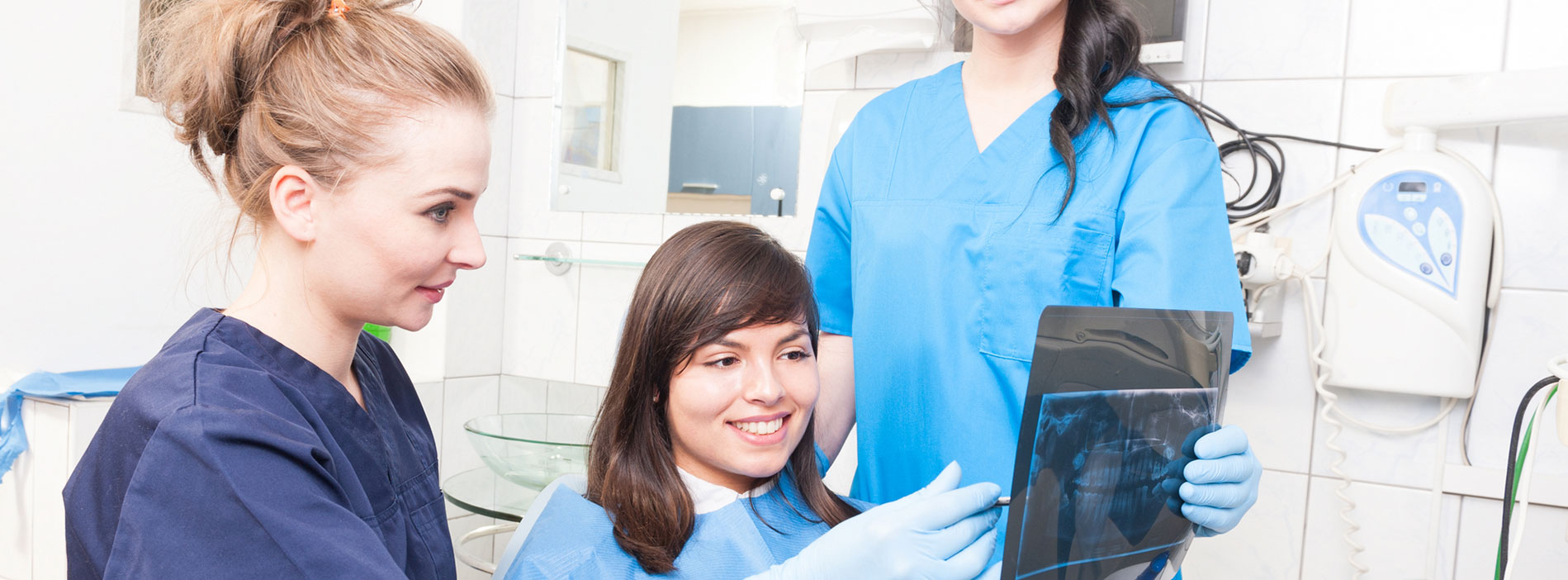
20
Mar
Protect Your New Tooth with Implant Aftercare Instructions

Losing a tooth or several teeth is an event that can have dire consequences on your smile. Not only does losing even a single tooth harm your smile’s aesthetics, but you also lose chewing power, and the space can become a trap for food debris building up bacteria, infecting your other healthy teeth and gums. Thankfully, at Positive Image Dental, our doctors can provide the best missing tooth replacement options, such as dental implants.
A Closer Look at Dental Implants
Dental implants are a relatively new technology used to completely restore a missing tooth or several teeth. The complete implant comprises two parts, the root, or the actual dental implant, and the crown, which attaches to the implant to form a completed tooth. The root is made using biocompatible titanium that fuses with the jawbone via osseointegration. This process creates a super-strong bond that makes the new tooth as robust and stable as a natural tooth.
Once the root is placed, it will need time to complete integration; during this time, your doctor will fix a small screw cap over the root to protect it and allow it to integrate fully. After completing osseointegration, you’ll return to have your permanent crown placed.
Your dental implant can be a stand-alone tooth or part of a bridge. It can also serve as an anchor point for permanent dentures that don’t rely on suction or adhesives to stay in place. And if you practice good oral hygiene, your implant can last a lifetime!
The Benefits of Dental Implants
A few advantages dental implants have over other forms of restoration include the following:
- They have better longevity and are more permanent
- Stronger and more stable
- Allows the tooth to function normally
- Biocompatible with your body
- Versatile
- A smart long-term investment
Dental Implant Aftercare Instructions
Although your dental implant will become very strong, conducting proper dental implant aftercare is still essential. Fortunately, caring for your new implant is similar to caring for your natural teeth.
First, you want to continue brushing and flossing regularly. Like your natural teeth, you should brush twice daily and floss at least once daily to ensure your implant remains clean, plaque, and bacteria-free. It would be best to use a soft-bristled toothbrush and whichever toothpaste your doctor recommends.
Next, you should maintain a schedule of routine check-ups. Your dentist will need to check your implant for any signs of infection or compromise while providing advice on better care for your dental implant. During these check-ups, you may also receive professional cleaning to help prevent bacteria and plaque build-up.
Last, avoiding certain habits or activities that could harm your implant is super-important. For example, you want to avoid biting on hard foods like candy or ice, as they can cause significant damage to your implant. Plus, your dentist might prescribe a mouthguard if you have issues grinding your teeth at night.
Following basic dental implant aftercare guidelines can ensure your implant remains healthy and robust for years to come.
Learn More About How Dental Implants Can Restore Your Smile
To find out if dental implants are the best tooth restoration option, please call Positive Image Dental at (441) 292-2312 to schedule an appointment with one of our excellent doctors. Our address is ZBM Annex, Fort Hill Road, Devonshire.





